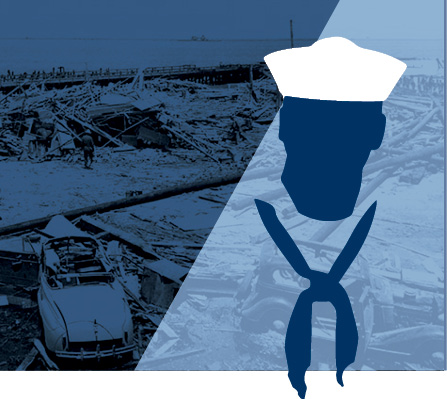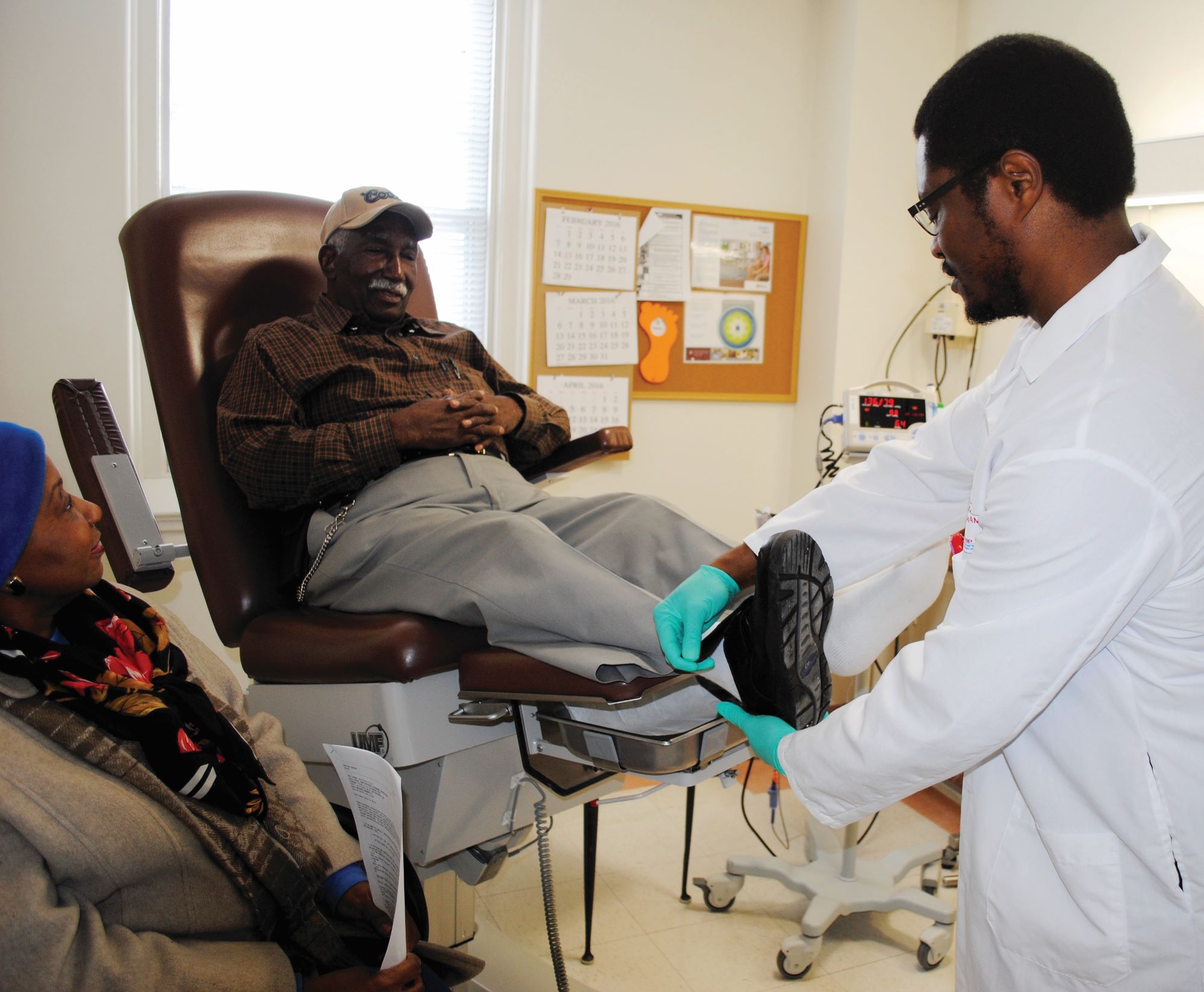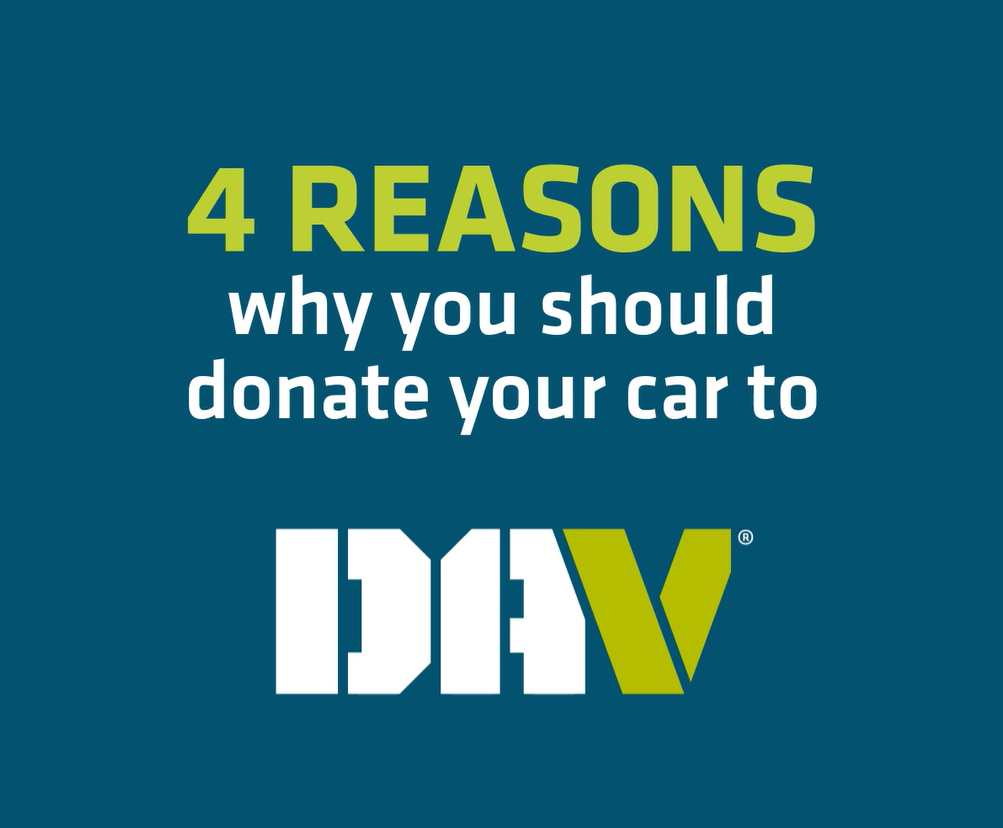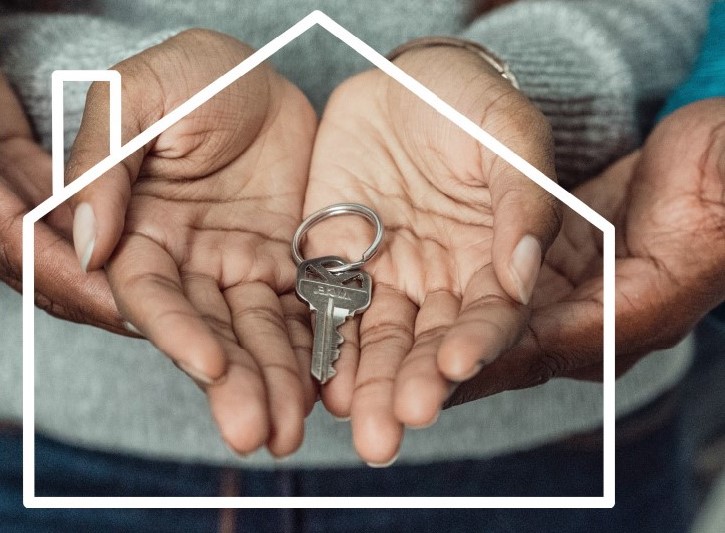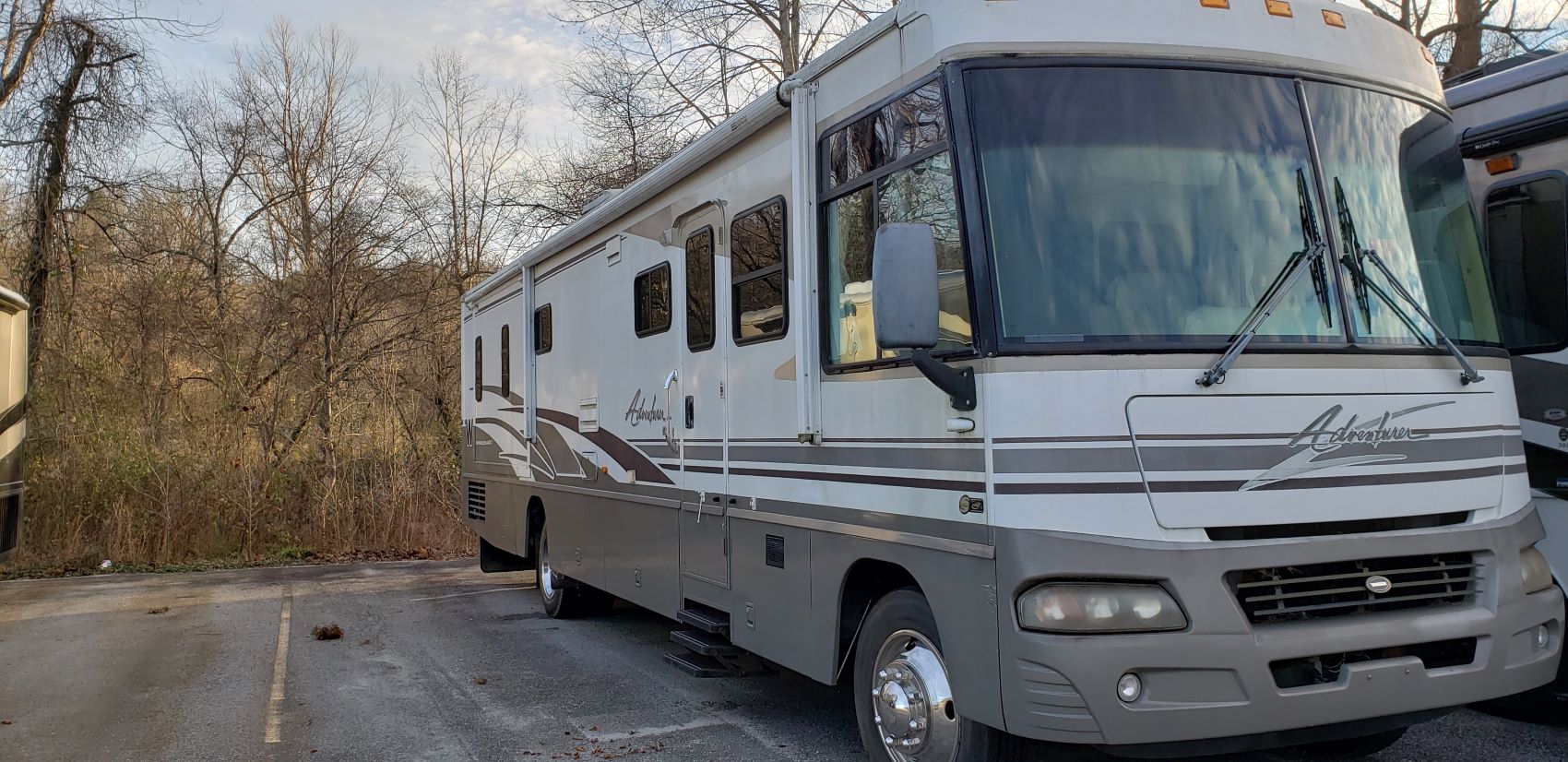Options to dispose of property that Is costing you money: Sell. Give. Donate to veterans
 It can happen. You bought a home or apartment building or plot of land, and suddenly it’s costing you more than it’s worth. Between the mortgage payments, property taxes, utility bills, and unexpected repairs, it’s time to get rid of it. How do you dispose of real estate that’s breaking your piggy bank? Thankfully, you have a few options, which we’ll share with you in this article.
It can happen. You bought a home or apartment building or plot of land, and suddenly it’s costing you more than it’s worth. Between the mortgage payments, property taxes, utility bills, and unexpected repairs, it’s time to get rid of it. How do you dispose of real estate that’s breaking your piggy bank? Thankfully, you have a few options, which we’ll share with you in this article.
Sell a property at a loss
In order to dispose of a property that’s costing you money, you may consider selling it at a loss. But the benefits of doing so will depend on whether or not you have occupied the property as your personal residence.
You will not be able to deduct any loss on your taxes if the property has ever been your primary home. If you sell it for any amount above what you originally paid for the property, you will owe both state and federal level capital gains taxes
For example, let’s imagine you originally bought a home to live in for $82,000 and its value has since appreciated to $232,000. Even if you sell it for $150,000, according to tax law, you technically made a $68,000 profit. Therefore, no matter how much the property is costing you, after you sell it, you’ll be on the hook for paying a tax as high as 30% on $68,000.
On the other hand, if the real estate is an investment property or a second home that you’ve never actually lived in, you can sell at a loss and deduct the amount when filing your taxes.
Give a property to a family member
Another option to dispose of your real estate is to give it to a family member. Transferring property to a family member is as simple as going to your local county recorder’s office and filing a change of ownership form and deed. This is considered a gift on your part by the IRS, and you will not owe any taxes so long as the property does not exceed $12 million in value.
On the other hand, your family member could be subject to capital gains tax if they sell the property at any point in the future. The transfer means the original cost of the property becomes your family member’s original cost of the property.
To illustrate, if you originally bought the property for $53,000, when you transfer it to your relative, you technically transfer it to them at that cost. When they decide to sell it for $200,000 because the property has appreciated, they will owe capital gains tax ranging anywhere from 15% to 30% on $147,000.
This is not a bad option when estate planning. But it is something that you and your family member should discuss while considering all options, including donating the property to DAV.
Donate a property to a charity to support veterans
A viable option you can leverage regarding a property that’s costing you money is to donate it to support programs for veterans offered by DAV (Disabled American Veterans), a nonprofit charity dedicated to keeping our nation’s promises to America’s veterans. There are several benefits that come from donating real estate to charity. One of the biggest benefits of donating property to charity is that as soon as you sign the property over to DAV, they become responsible for taking care of all the monthly costs and expenses, providing immediate cash relief for you.
By donating real estate to charity, you avoid paying any capital gains taxes. If your property appreciated in value significantly since you first bought it, this is a viable option!
When you donate real estate to charity, you become eligible for receiving a tax deduction equal to the fair market value of the home. If you donate a property that appraises for $200,000, you can deduct that amount from your taxes for the next five tax years. A certain cap may apply on how much of the deduction you can take each year, which is dependent on your income. It is important to check with your personal Financial Planning Professional to see what that may be.
To quickly offload real estate you don’t want, donating it to DAV may be the best option.
To learn more about donating your real estate to DAV, while maximizing the tax benefits to you, contact us at 844-277-HOME or fill out our form on dav.org/real-estate-donation.
This article is for informational purposes only and does not constitute formal advice. Individual tax situations may vary so please contact your tax advisor if needed.


